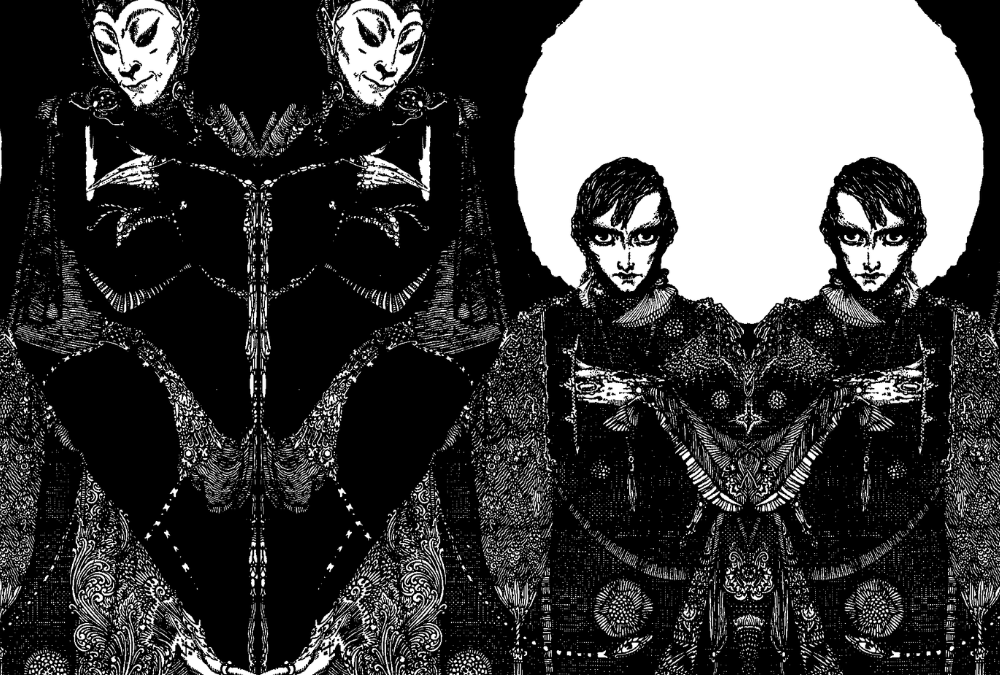Apologies in advance for this early morning literary outburst – fate offers few chances for poetic justice, so allow me to pull out some stops for this occasion.
One of my favourite plays of all time is Christopher Marlowe’s Doctor Faustus. It is the immediate mental image that comes up in my head whenever I think of the term ‘devil’s pact’, more so when it is referred to directly when someone says ‘Faustian bargain’. In Malta, this term has become synonymous with the volatile relationship between disgraced former prime minister Joseph Muscat and his successor, Robert Abela.
There are some differences between Marlowe’s protagonist and Robert Abela, of course. To begin with, Faustus was a respected scholar at the beginning of his ruinous journey. Even the motive behind his decision to sign a pact with the literal devil – known in the story as Mephastophilis – is, to some perverse extent, admirable. In exchange for his soul, Mephastophilis serves his every whim for 24 years, complete with a suite of magical powers and the ability to traipse across the boundaries of human knowledge as if they were beaded curtains.
Robert Abela, on the other hand, began his personal downward spiral of ignominy out of a sense of pure opportunism. There was no aspiration to boldly go where no man has gone before. It is the tale of a princeling who spent his teenage years being pampered in a palace and does not know a life outside of the Labour Party. He is a millionaire who is completely detached from people’s day-to-day reality but poses as a socialist whose heart is so big it will justify raiding the taxpayer’s wallet to dole out cash to people willing to vote for his criminal organisation.
The offer to take the poisoned chalice from his disgraced predecessor was, of course, too tempting to refuse for someone of Abela’s greedy, entitled disposition. While the prime minister’s seat is certainly no devilish suite of infinite magical power, it is just about as close to it as one can get in this country.
As you may probably have guessed by now, things don’t go too well for Faustus. He falls short of his grand ambitions, and instead of using his unfathomable powers to leave a mark on the world, he wastes his precious limited time abusing those powers for his own entertainment. In this respect, the parallels start to become uncanny. Like Faustus, Abela made plenty of grand remarks when he first became prime minister, telling all and sundry whatever it is he thought they wanted to hear, even though he probably never really believed any of it.
As the fateful expiry date of the deal approached, Faustus became more and more agitated, seeking as many distractions he could find until the very last moment. He begins to ponder seeking absolution, becoming madder and madder by the minute. He finds some comfort in a group of scholars, with whom he shares the news of his impending doom. They pity him, and resolve to pray for his damned soul.
Judging from Abela’s outrageous remarks against the judiciary over the past few days, here the resemblance becomes unmistakable.
The only time you can ever see Abela being transparent is when he blatantly projects what his party does onto anyone else who is perceived as standing in the party’s way. To hear the leader of a political party which has a literal hate machine at its disposal accuse the judiciary of committing “political terrorism” is like hearing Viktor ‘The Merchant of Death’ Bout complain about the sale of illegal weaponry.
The key thrust behind Abela’s accusations against the judiciary are based on nothing but conspiratorial thinking, the same kind which the Labour Party embodies. The timing of the expected conclusions of the magisterial inquiry which is sifting through the mangled remains of the hospitals concession, he says, is suspiciously close to the upcoming MEP and local council elections.
Of course, being the panic-stricken soul that he is, Abela is not in a position to realise that his claim that the judiciary is undermining public trust in itself by bringing the inquiry to a conclusion is yet another projection. His entire tenure as prime minister has been defined by consistent attempts at undermining the judiciary, which only seems to have strengthened the judiciary’s resolve in the face of manufactured adversity.
Today, we will be hearing all about whether this inquiry has indeed been brought to a conclusion when the attorney general testifies in Muscat’s court case to have magistrate Gabriella Vella taken off his case. Today, Abela’s dues must be paid, and so off he goes, attacking the last thing left standing between now and a full sprint over the totalitarian state finish line.
Abela sounds exactly like Faustus as his inevitable expiry approached. It is hubris in motion. Faustus was meant to serve as a cautionary tale, and yet here we are, with a prime minister who seems to have decided to follow in his footsteps as if they were a roadmap (oh dear).
The ending of Faustus’ tale is as gruesome as you’d expect from a late 16th century play. As soon as the clock chimes midnight, a host of gleeful spirits appear, carting his soul away to eternal damnation. The scholars who offered Faustus a few minutes of solace bury his remains as they lament his demise.
“Cut is the branch that might have grown full straight
And burnèd is Apollo’s laurel bough
That sometime grew within this learnèd man.
Faustus is gone: regard his hellish fall,
Whose fiendful fortune may exhort the wise
Only to wonder at unlawful things,
Whose deepness doth entice such forward wits
To practice more than heavenly power permits.”
Let the chaos begin.


